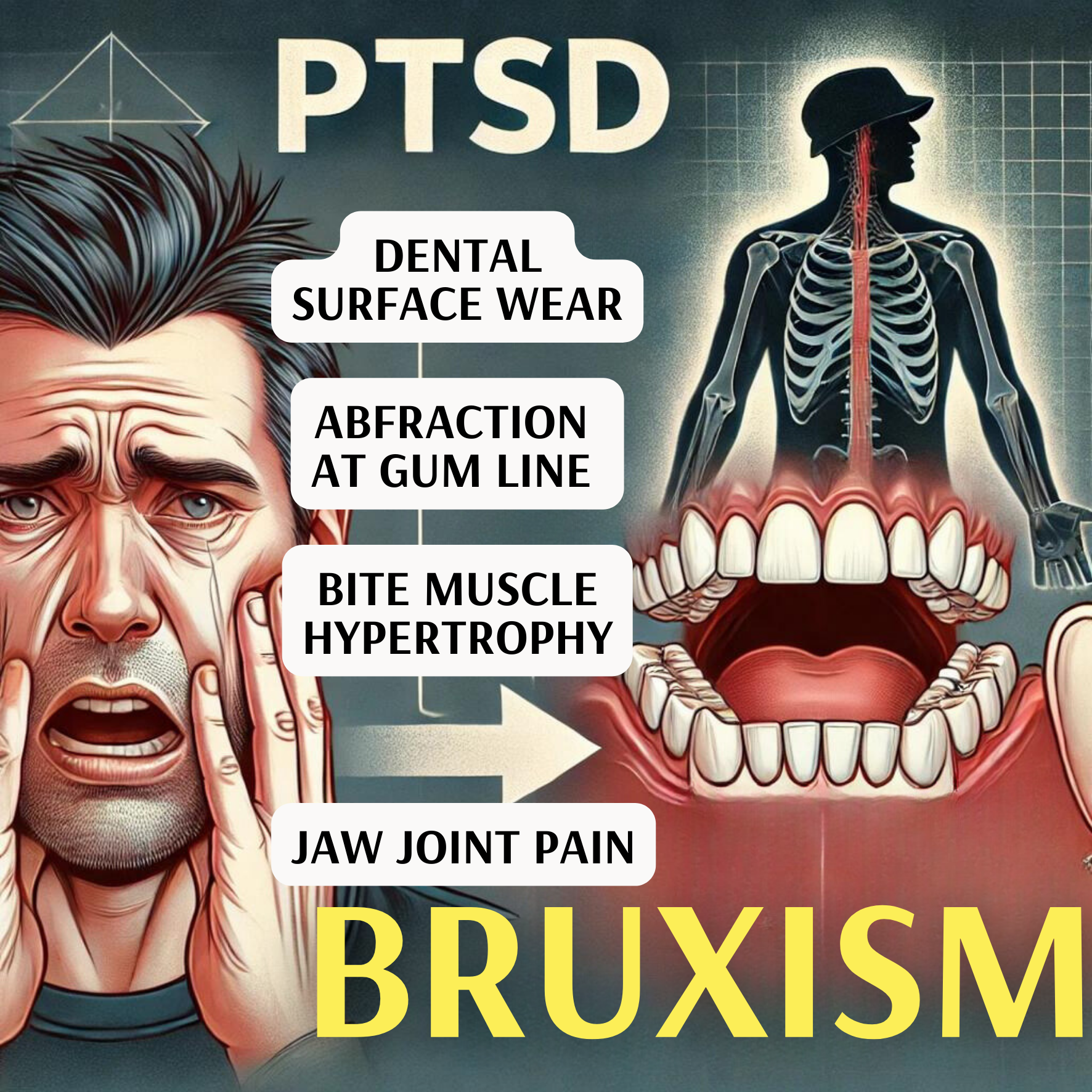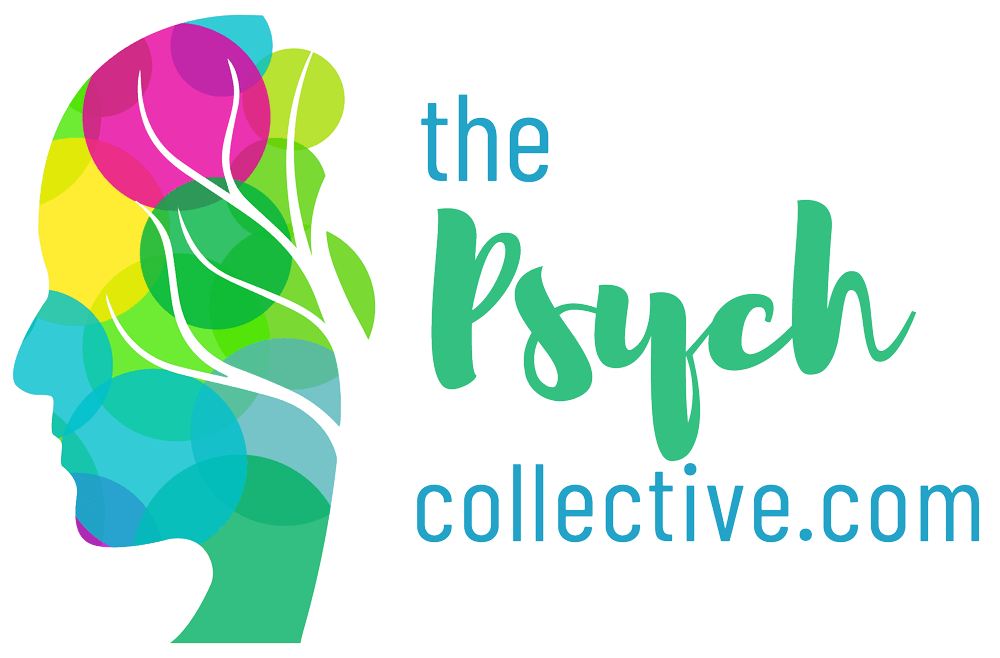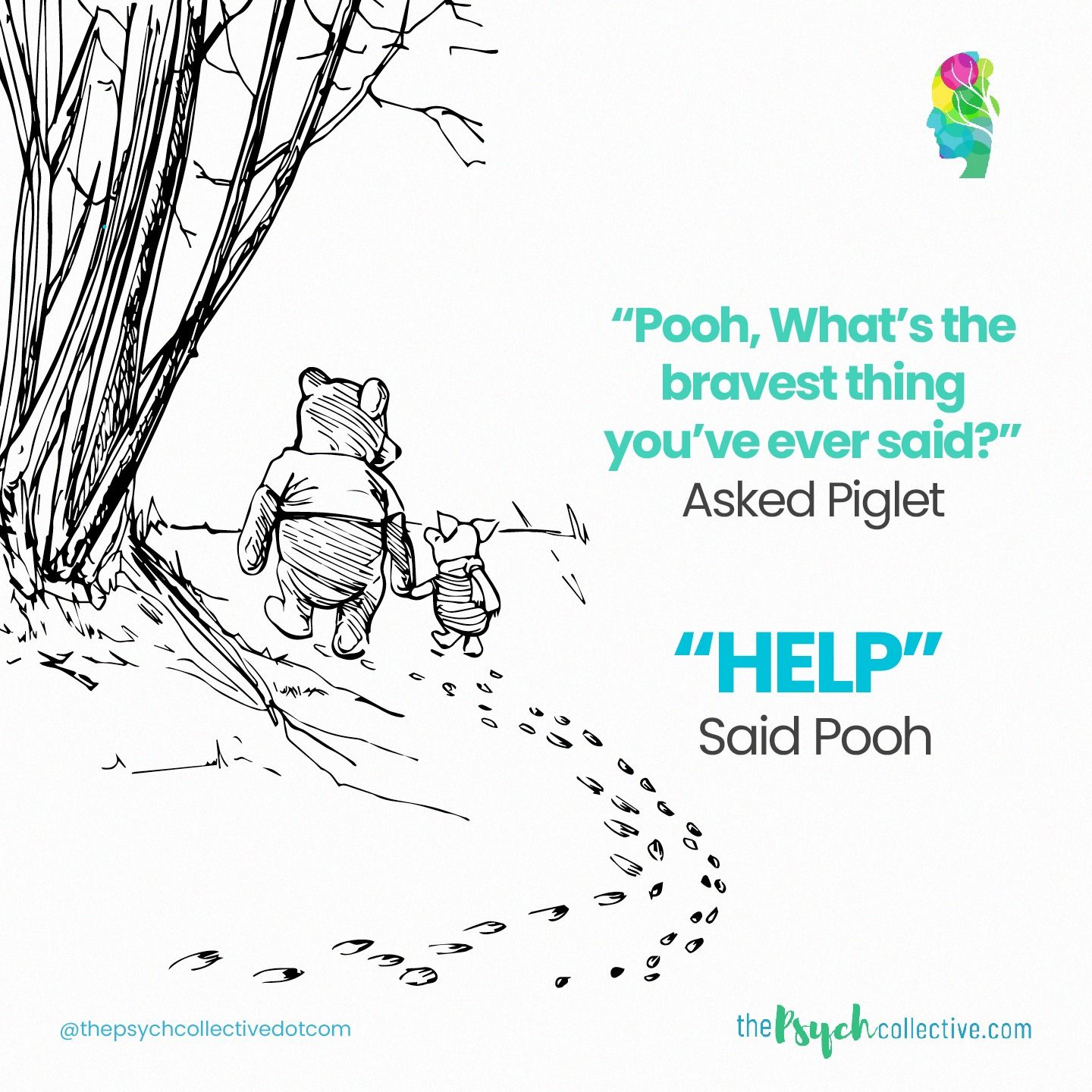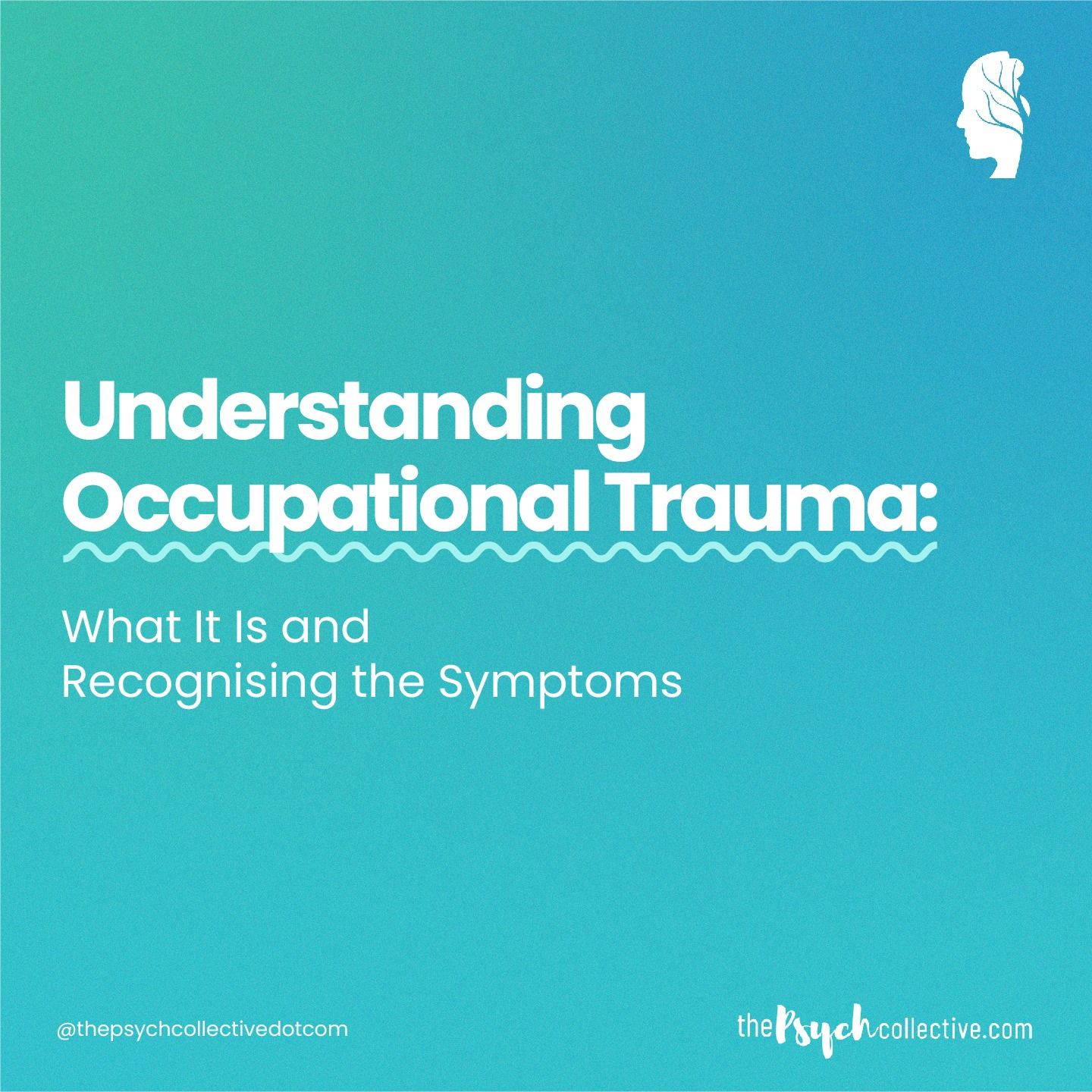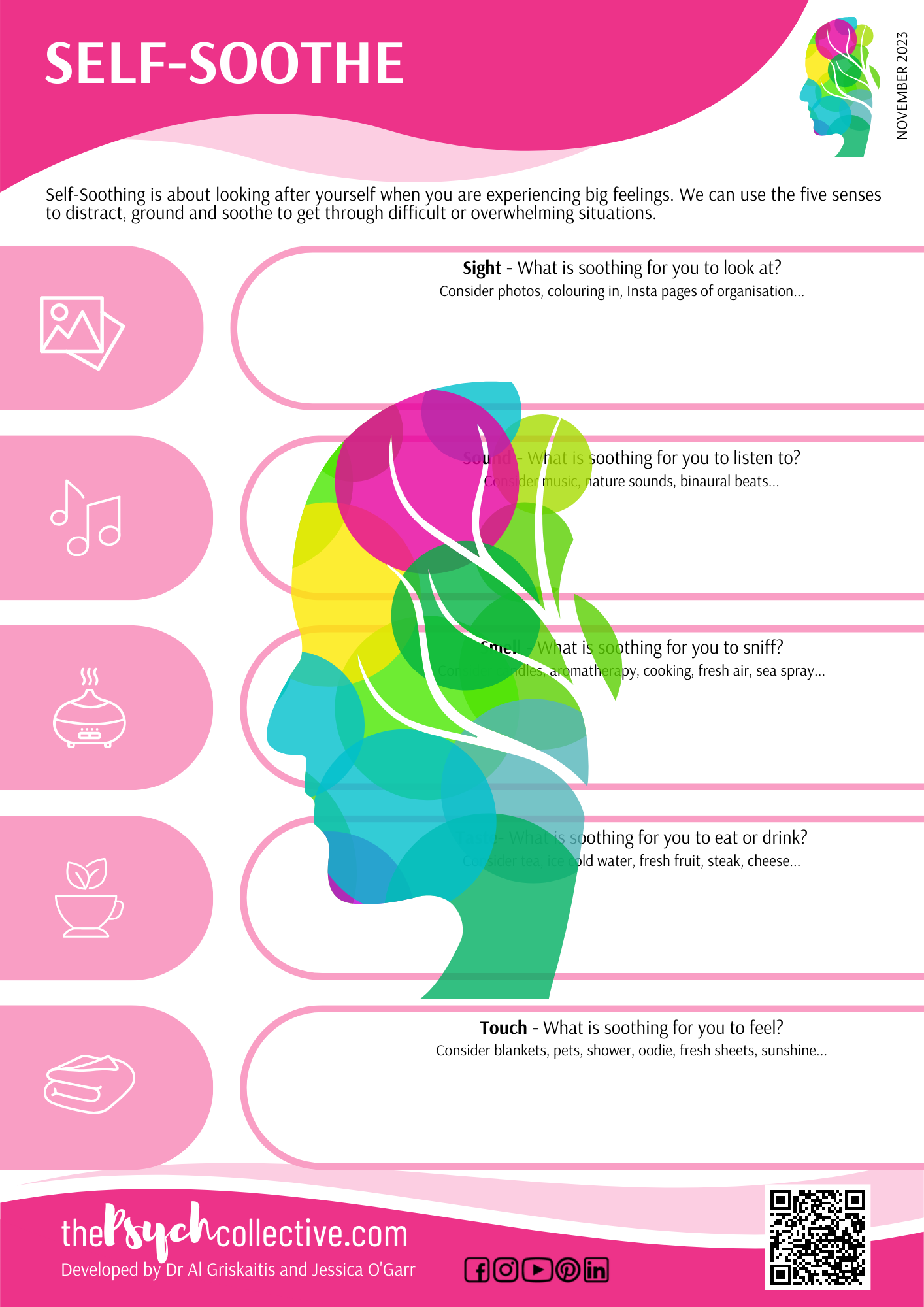Weight Gain and Antidepressants: Emotional Eating, Indifference and Effects on Appetite
Many people who want to improve their mental health often turn to antidepressants as part of their journey towards feeling better. These medications, such as Selective Serotonin Reuptake Inhibitors (SSRIs) or Tricyclic Antidepressants (TCAs) like Mirtazapine, can be life-changing, as they offer significant relief from symptoms of depression and anxiety. However, alongside their therapeutic benefits, these antidepressants can also bring about unwelcome side effects, including weight gain.
In this blog, we'll delve into the intricate interplay between antidepressants, emotional eating, indifference, and their impact on appetite, shedding light on how different types of medications impact these factors.

The Link Between Antidepressants and Weight Gain
One of the primary culprits behind the weight gain associated with antidepressants lies in their mechanism of action. SSRIs, for instance, work by increasing the levels of serotonin in the brain, which can influence mood regulation and appetite.
Similarly, TCAs like Mirtazapine possess antihistamine properties that can stimulate appetite and promote weight gain. While the exact mechanisms aren't fully understood, these medications can disrupt the delicate balance of neurotransmitters involved in appetite regulation. As a result, it can lead to increased food intake and potential weight gain.
SSRIs and Emotional Indifference
Selective Serotonin Reuptake Inhibitors (SSRIs) are commonly prescribed antidepressants that work by increasing serotonin levels in the brain helping to alleviate symptoms of depression and anxiety. However, an intriguing aspect of SSRIs is their potential to induce emotional indifference in some individuals. This emotional blunting can manifest as a reduced investment in careful food choices or a diminished inclination towards emotional eating.
For some, this indifference may mean experiencing less intense cravings or emotional triggers that lead to overeating. Conversely, others may find themselves disengaged from the pleasure of food, which may result in a decreased appetite and subsequent weight loss. While SSRIs don't guarantee weight gain in the same way as other antidepressants, their impact on emotional eating and food preferences can vary greatly among individuals.
TCAs and Mirtazapine: Weight Gain Guarantee
Tricyclic Antidepressants (TCAs) such as Mirtazapine operate through different mechanisms compared to SSRIs. Mirtazapine, in particular, acts as an antihistamine, which can stimulate appetite and promote weight gain. In addition, its sedative properties can aid in sleep, which is often disrupted in individuals experiencing depression.
One common effect of Mirtazapine and TCAs is a notable increase in cravings for carbohydrates and hunger. People might feel intense urges for calorie-rich foods high in carbs. This increased appetite, combined with decreased feelings of fullness, sets the stage for weight gain.
Strategies for Managing Weight While on Antidepressants
While weight gain on antidepressants can pose a significant challenge, there are ways individuals can take to mitigate its impact:
Nutrition Balance
Stay mindful of food choices and aim for a balanced diet rich in whole grains, lean proteins, fruits, and vegetables. Incorporating nutrient-dense foods can help counteract the effects of increased carb intake and cravings.
Regular Exercise
Engage in regular physical activity to support overall well-being and manage weight. Exercise not only helps burn calories but also boosts mood and reduces stress, complementing the effects of antidepressant therapy.
Mindful Eating Practices
Practise mindful eating by paying attention to hunger and fullness cues, rather than eating out of boredom or emotional triggers. This approach can foster a healthier relationship with food and prevent overeating.
Consult with Healthcare Providers
Maintain open communication with healthcare providers about any concerns regarding weight gain or changes in appetite. They can offer personalised guidance and may consider adjusting medication dosage or exploring alternative treatment options if necessary.
Takeaway
Weight gain on antidepressants can present a diverse challenge, influenced by emotional factors, neurochemical changes, and disruptions in appetite regulation. By understanding the complex interplay between antidepressants, emotional eating, indifference, and appetite dysregulation, individuals can adopt effective strategies to manage their weight while prioritising their mental health. Through a comprehensive approach that includes healthy eating, regular exercise, and mindful self-care, we can journey toward well-being with strength and confidence.
Are you looking for free mental health resources? Visit this
page.
Share
Categories
About Our Resources
We offer actionable resources and teach real skills to help people make meaningful change in managing mental health issues through different modes depending on people's learning preferences including infographics, text, worksheets, handouts and video.
